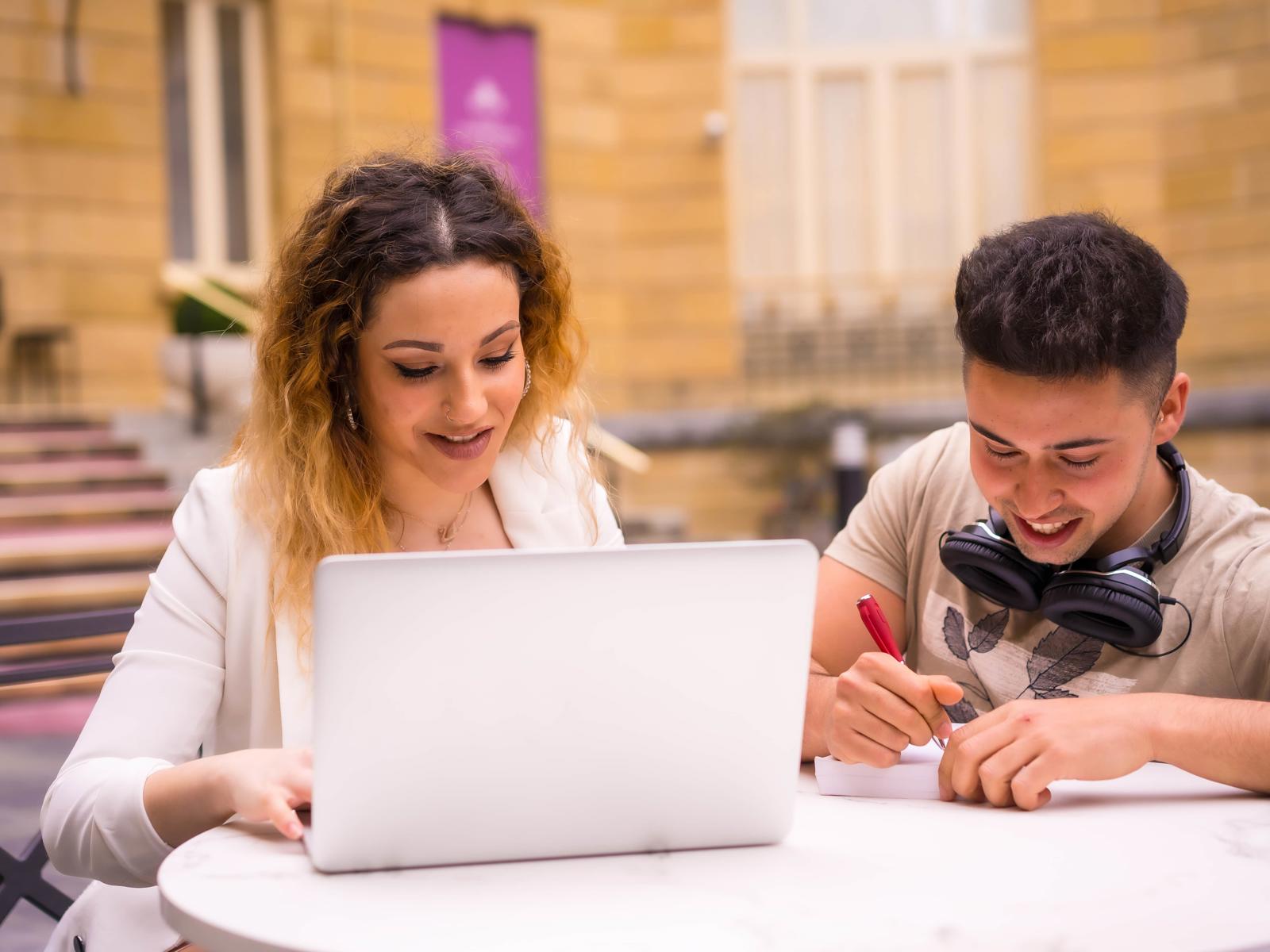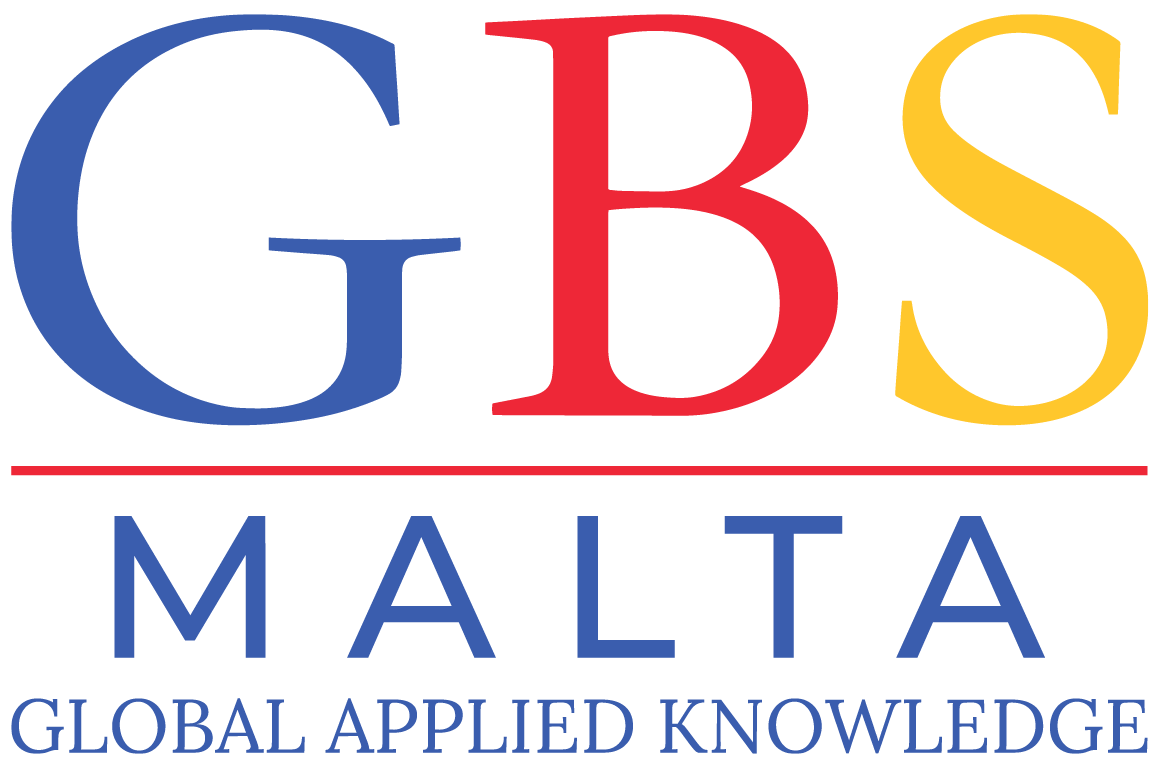Learning Maltese helps you connect with locals on a deeper level. It shows respect for their culture and enhances your experience in Malta.
Getting Started with Maltese: Common Words and Useful Phrases

Learning Maltese is an exciting adventure and there are so many things to explore. The Maltese language, with its rich blend of Arabic, Italian and English influences, offers a unique and fascinating linguistic journey. Let's dive into some common Maltese words and phrases that will help you learn Maltese in a way to navigate your daily interactions in Malta and impress the locals.
Greetings
- Bongu- (bon-ju) Good morning: Start your day with a friendly "Bongu" when you meet someone in the morning. It's a warm and cheerful way to greet people.
- Bonswa-(bɔ̃ˈswa) Good evening: As the day progresses, switch to "Bonswa" to wish someone a good evening. This greeting is perfect for social gatherings or casual encounters.
- Il-lejl it-tajjeb- ( ) Good night: When it's time to say goodbye for the night, use "Il-lejl it-tajjeb." It's a lovely way to wish someone a restful night.
- Merħba- Welcome: If you want to make someone, feel at home, say "Merħba." This word is often used when inviting guests into your home or welcoming someone to an event.
Start Learning Maltese Today
Basic phrases to focus on when you learn Maltese
Learning Maltese can be an exciting and rewarding experience, especially if you start with some basic phrases that will help you navigate everyday conversations. Here are a few illustrations:
Grazzi- Thank you
Gratitude goes a long way, and "Grazzi" is a simple yet powerful way to express thanks.
Jekk jogħġbok- Please
Politeness is key in any language. "Jekk jogħġbok" is essential for making requests and asking for help.
Taf titkellem bl-Ingliż? - Do you speak English?
This phrase is handy when you need to find someone who can help you in English.
Nixtieq- I would like
Whether you're ordering food or making a request, "Nixtieq" is a versatile phrase that will serve you well.
Learn Maltese words and phrases: Master everyday conversations
Learning Maltese words and phrases is your first step toward mastering everyday conversations in Malta. These are some cases in points:
Kif int? (keef-int?) - How are you?
A common conversation starter, "Kif inti?" shows you care about the other person's well-being.
Jien tajjeb, grazzi. - I am fine, thank you.
Respond to "Kif inti?" with "Jien tajjeb, grazzi." It's polite and keeps the conversation flowing.
X'hemm? - What's up?
It is a casual way to ask how someone is doing or what's happening.
Iva/Le- Yes/No
Simple but crucial. "Iva" and "Le" will be your go-to responses in many situations.
Learning Maltese: Unlocking directions and travel
Learning Maltese is essential for navigating directions and travel in Malta. Let’s dive into practical phrases and learn Maltese by exploring some examples below.
Fejn hu...- Where is...?
Navigating a new place is easier with "Fejn hu...?" Use it to ask for directions to a specific location.
X'nagħmel biex nasal sa...? - How do I get to...?
If you're unsure of the route, this phrase will help you find your way.
Kemm jiswa? - How much does it cost?
Essential for shopping or using services, "Kemm jiswa?" helps you know the price of items or services.
Stazzjon tal-karozzi - Bus station
One of the common places you need to find. Knowing how to say "bus station" in Maltese can be very helpful.
Maltese words and phrases: Eating Out
When dining out in Malta, knowing a few key Maltese words and phrases can greatly enhance your experience. Let’s explore with some Maltese words below:
Menu, jekk jogħġbok- Menu, please
When dining out, ask for the menu with this polite phrase.
X'nirrakkomanda? - What do you recommend?
This phrase helps you get suggestions from locals or restaurant staff.
Kont, jekk jogħġbok- Bill, please
When you're ready to pay, use this phrase to ask for the bill.
Inħobb il-kejk - I like cake
Express your preferences or likes with "Inħobb." It's a fun way to share what you enjoy.
Learning Maltese while studying in Malta

If you are listing down destinations for higher education, Malta can be a great place to study while being around the European markets to build a career. Here why:
- Academic excellence: Malta has a strong education system, ranking high in Europe. GBS Malta offers diverse courses, ranging from business to Information Technology. Whether you are looking for an Award course, Bachelor’s or Master’s programme, there is something for everyone. Studying in Malta means accessing quality education within an English speaking environment. All our courses are offered in English, making it easier for all the learners to adapt and excel.
- Cultural immersion: Living in Malta is an immersive cultural experience. The Maltese language reflects its rich history. If you learn Maltese, you connect deeply with locals. This fosters better relationships and enriches your stay.
- Networking opportunities: Malta's strategic location in Europe offers excellent networking opportunities. Many international companies have a presence in Malta. Learning Maltese can give you an edge in the job market. Employers value candidates who can communicate in the local language.
- Enhanced communication skills: Knowing Maltese words and phrases advances your communication. It reflects adaptability and cultural awareness. Employers highly regard these qualities. Speaking Maltese can also open doors to roles requiring bilingual skills.
Learning Maltese not only enriches your cultural experience but also opens door to numerous career opportunities. Malta, with its vibrant culture and strategic location, offers a unique blend of education and professional growth. Embrace the language and you will find Malta to be a gateway to a promising future and a great professional journey.
Frequently asked questions about learning Maltese
1. Why is it important to learn Maltese for students if English is widely spoken?
2. How difficult is it to learn Maltese?
Maltese is a unique language with Arabic, Italian and English influences. With dedication and practice, it is possible to learn the basics and become conversational.
3. How long does it take to learn Maltese?
The typical timeframe to become proficient in Maltese, depends on your language background and study habits.
4. Are there resources available to learn Maltese online?
Yes, several online resources, courses and apps can help you learn Maltese. Additionally, you can find conversational groups and language exchange programs online.
5. How can I practice speaking Maltese in Malta?
Engage with locals in daily interactions. Join language exchange groups or clubs where you can practice Maltese with native speakers. Attend community events, cultural festivals, and public lectures to immerse yourself in the language.



